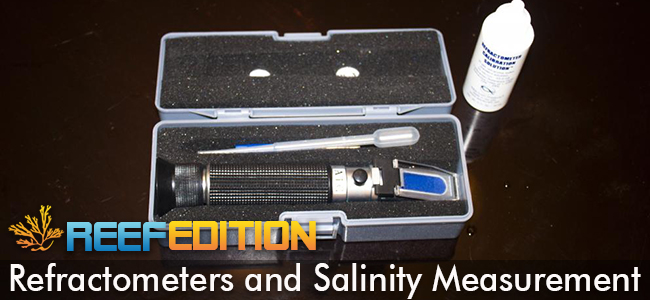Yeah I think my refrac is pretty spot on through calibration and my LFS also double checking it. I am going to mix my salt around then make a batch of water and test it to see what I get. I do know my ALK was testing around 8 which was perfect but did not check anything else out bc my params were stable and good. It was just this last set of testing where my calc was 340-350 and mag was 1080. Had my LFS confirm this to make sure I was testing correctly and everything is low for some reason. I figured having low mag created some precipitation causing alk and calc to drop.While I don’t know how to make a reference with table salt, my own method simply uses regular saltwater salt, as you can also cross-reference it with Alk, Ca and Mag tests as well.
That is why I was wondering if the salt checks out and everything is good, should i dose to get back up and check to see if it stabilizes or do 2-3 50% water changes to get it back up. I am thinking of dosing each one so I do not crash my nitrates bc the tank seems to be running pretty well at the moment.



















